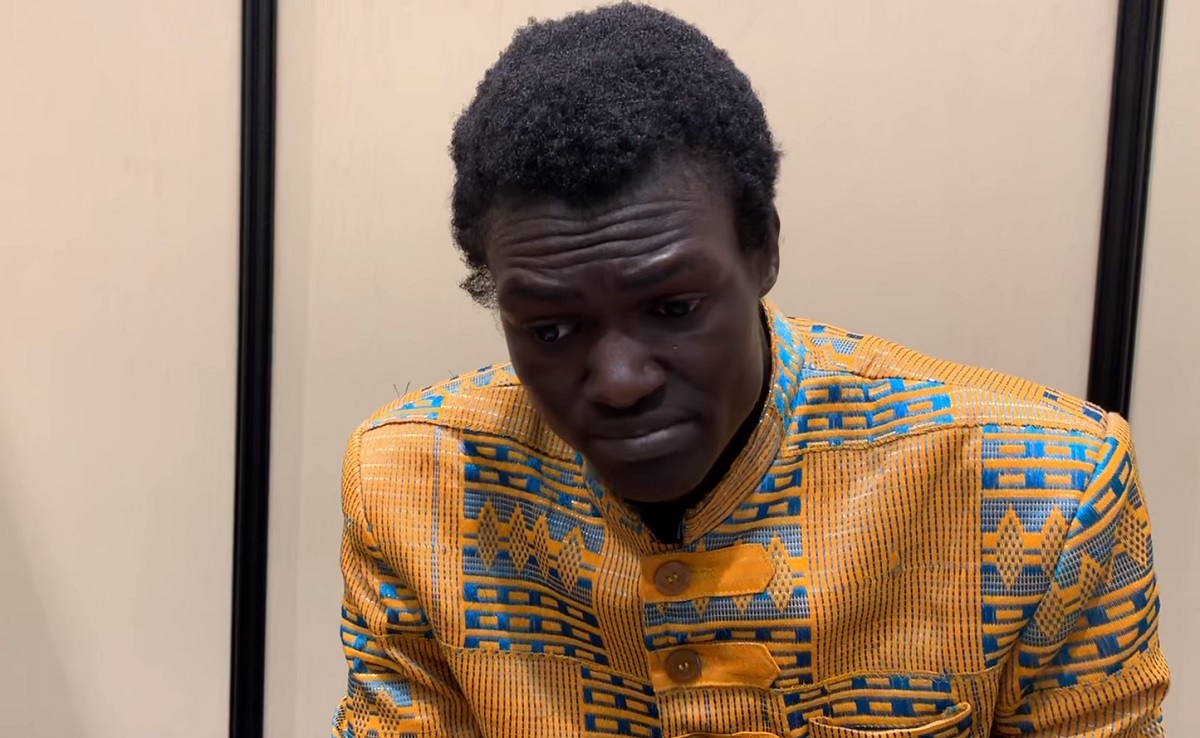Lual Mayen has become a well-known figure in gaming during the past six months after he was named a Global Gaming Citizen by Facebook at The Game Awards in December. Now he wants to translate his fame as a refugee-turned-game-developer into support for a game about peace.
Mayen launched a Kickstarter campaign to raise $75,000 for Salaam, an endless runner title that shows the plight of refugees fleeing from violence. He spent 22 of his 24 years in a refugee camp, and now he is making games.

Unlock premium content and VIP community perks with GB M A X!
Join now to enjoy our free and premium membership perks.
![]()

![]()